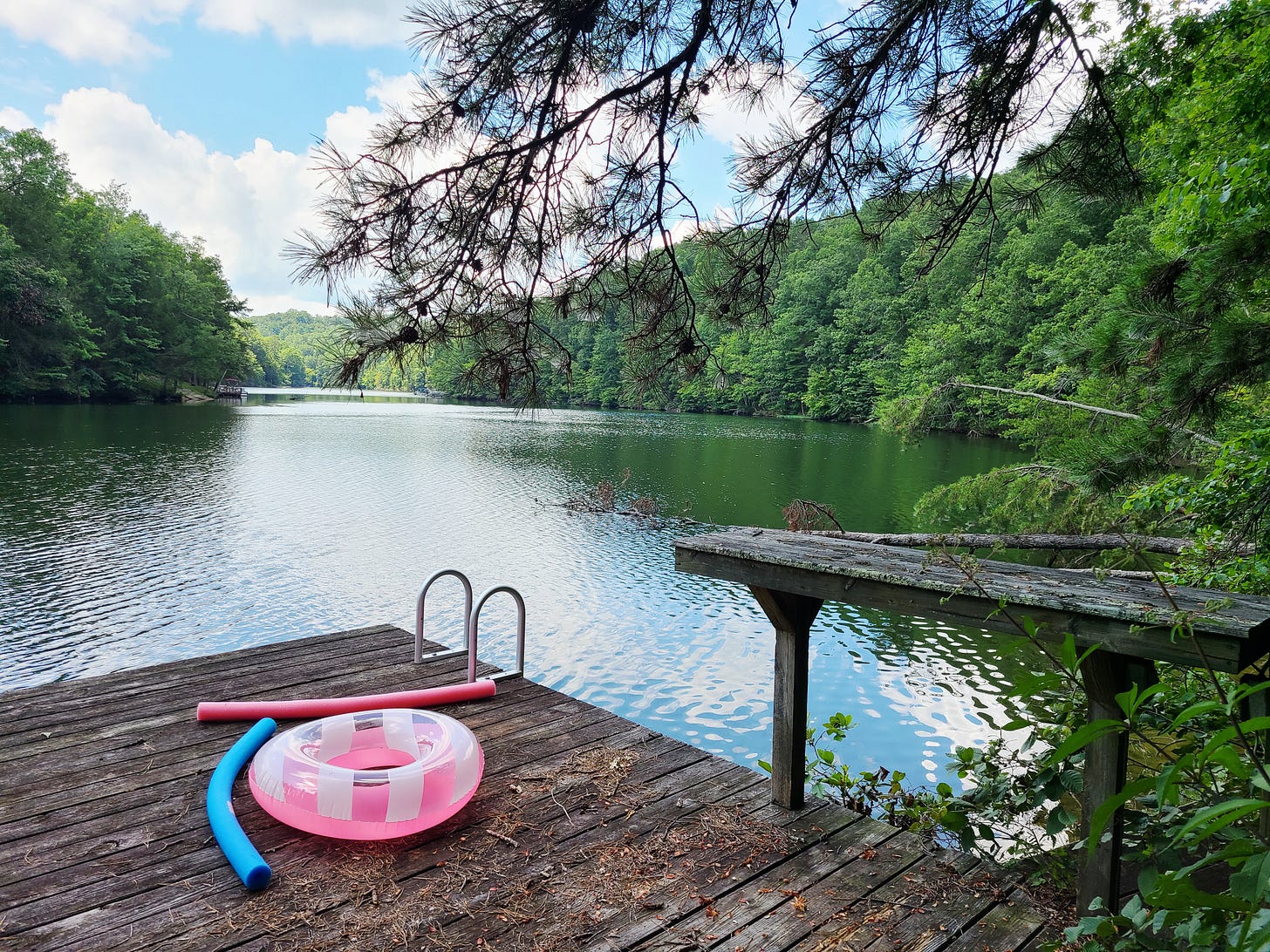My first real job, besides occasional babysitting for other families at age 11, was working in corn fields, detasseling and roguing corn. Roguing came first; it required using a hand spade to remove any stalks of corn that looked significantly different or were just out of alignment with the majority in the row. They were the rogues. A crew chief walked along to check our work and carried a full-sized spade in case we had a task too heavy for the smaller tool. Detasseling required touching every stalk in the row to remove the top tassel by hand.
The tasks may sound easy, but what we endured was not. We started early in the morning to minimize our time in the sun. And it was hot. The humidity in Indiana is no joke. One of the aspects I disliked the most was the wet corn. Whether the leaves were wet from dew or soaked from an earlier rain, walking through them would dampen our clothing in no time. Once the summer heat kicked in, we may as well have been wearing clothes straight out of the washing machine.
Our parents, neighbors, and friends provided our transportation. Later, I noticed some field workers on other farms were transported in old school buses. Our carpooling did not feel like a burden to me at age 13, but our drivers probably would have appreciated the alternative.
We were strongly advised, if not required, to wear long pants. We wore T-shirts and, of course, sunscreen, but that did nothing to protect us from the scratches and scrapes from the long leaves on the corn stalks. Imagine how difficult the work must be for people who are in the fields for their livelihood and much longer than my brief stint.
The most important accommodation we lacked was a toilet. We had to relieve ourselves in the corn field. We would walk away from the group while the crew leader served as a lookout for privacy. It was gross and demeaning. My most horrifying “bathroom” experience was when my blue jeans were so wet from the corn that I could not get them down fast enough. I peed my pants and had no choice but to continue to walk around in the wetness to complete my work day. I could only hope that my soggy jeans looked just like anyone else’s wet pants and that I did not reek of urine.
I do not remember what my pay rate was; the most I made was $3.35 an hour, but I think it was less. Regardless, the pay was more than I ever earned babysitting. I learned the value of money with the realization of how hard I worked for what I received.
Even after a grueling day of work, I would join several neighbors – in the country, that included people who lived up to a mile away – to ride our bikes about three miles to the nearest lake. My friend was sometimes a leech magnet, so I would help inspect her before we hopped back on our bikes to head home. Some days, if I was lucky, our whole family would go for a swim after my parents were home from work. I loved growing up in lake country.
The following summer, when I was 14, I accepted a babysitting job watching four siblings, age 1 to 7, all day Monday through Friday. My pay was $40 a week. My friend, whose mom had told me about the opportunity, had dibs between working for that family or one across the street. She chose to work for the family with just two children, a toddler and an infant, for the same pay. She tried to convince me that her gig was difficult, too, but I did not buy it; the 5-year-old I watched may have been the spawn of Satan. I went home in tears quite often.
Not only was I jealous of my friend for having the easier job, but I also wondered whether I should have stuck with working in the fields for another summer. By that time, I discovered that many other farmers not only provided transportation but also portable toilets. Oh, what a luxury that would have been.





That was a rite of passage for your generation.